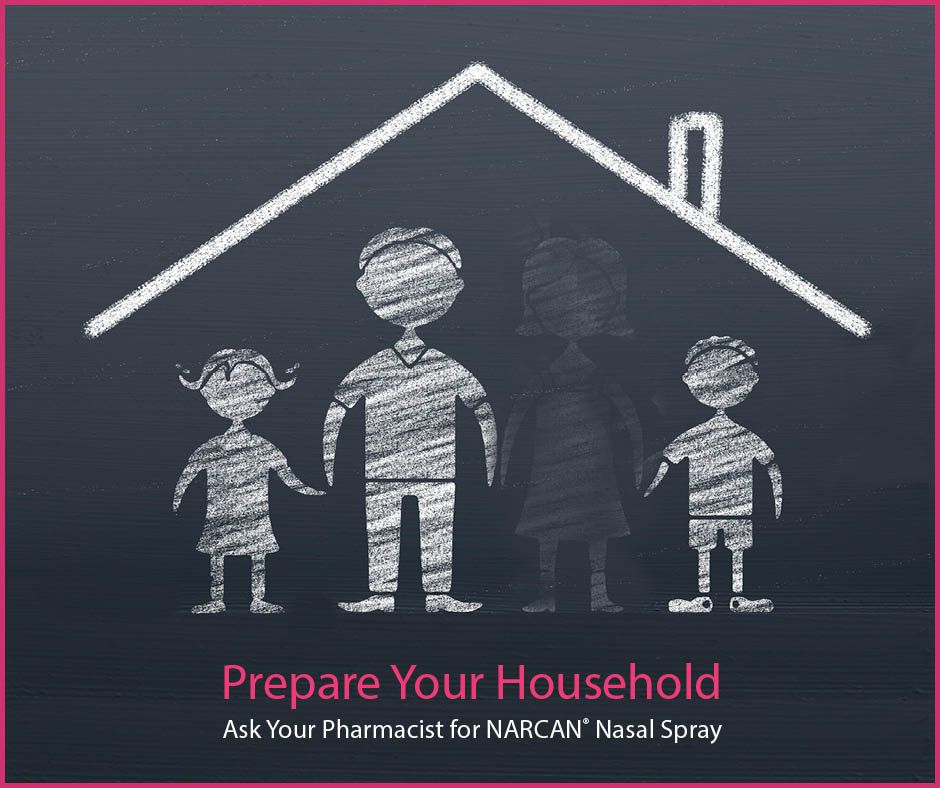
Sumpter Pharmacy is committed to savings lives!
Life-threatening, accidental misuse of opioids has reached epidemic proportions.
83% of prescription opioid overdose fatalities were unintentional. Anyone who takes a prescription opioid could be at risk for an overdoes.
Free Narcan® nasal kits for overdose prevention given with every Opioid prescription. Or stop by for your free kit.
(Must be at least 18 years of age.)
Life-threatening, accidental misuse of opioids has reached epidemic proportions.
83% of prescription opioid overdose fatalities were unintentional. Anyone who takes a prescription opioid could be at risk for an overdoes.
Free Narcan® nasal kits for overdose prevention given with every Opioid prescription. Or stop by for your free kit.
(Must be at least 18 years of age.)
